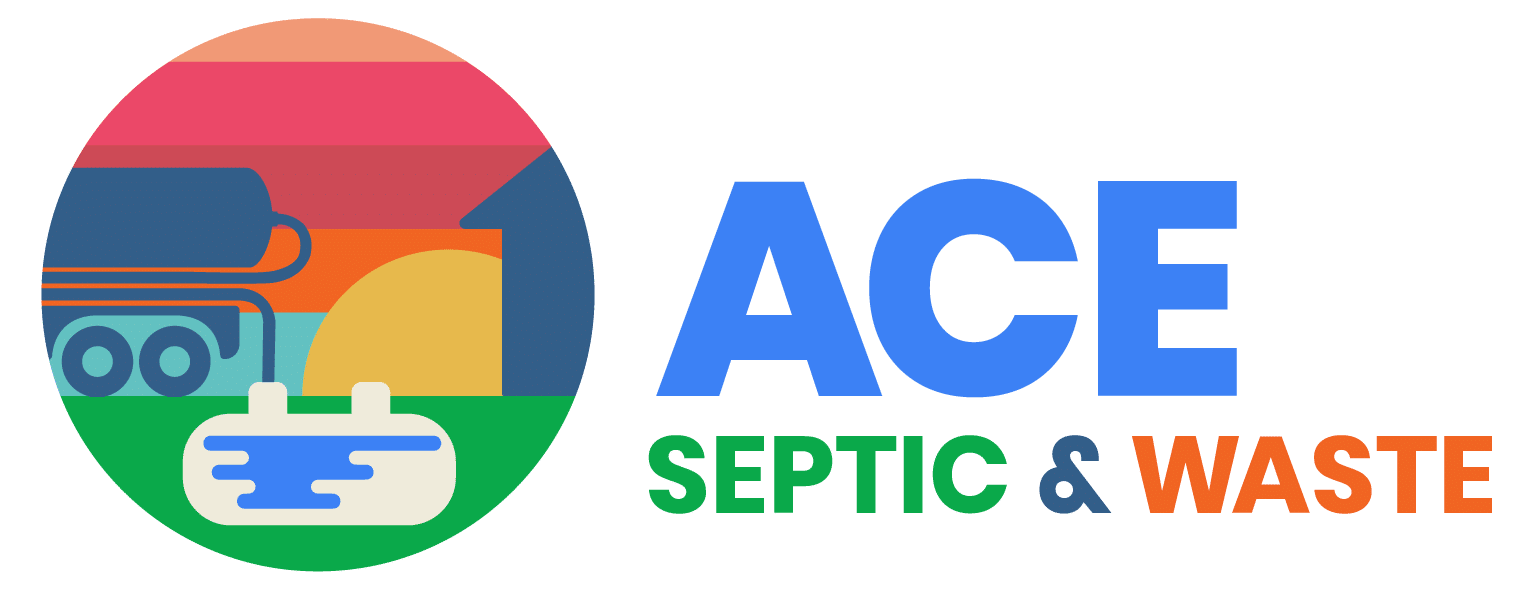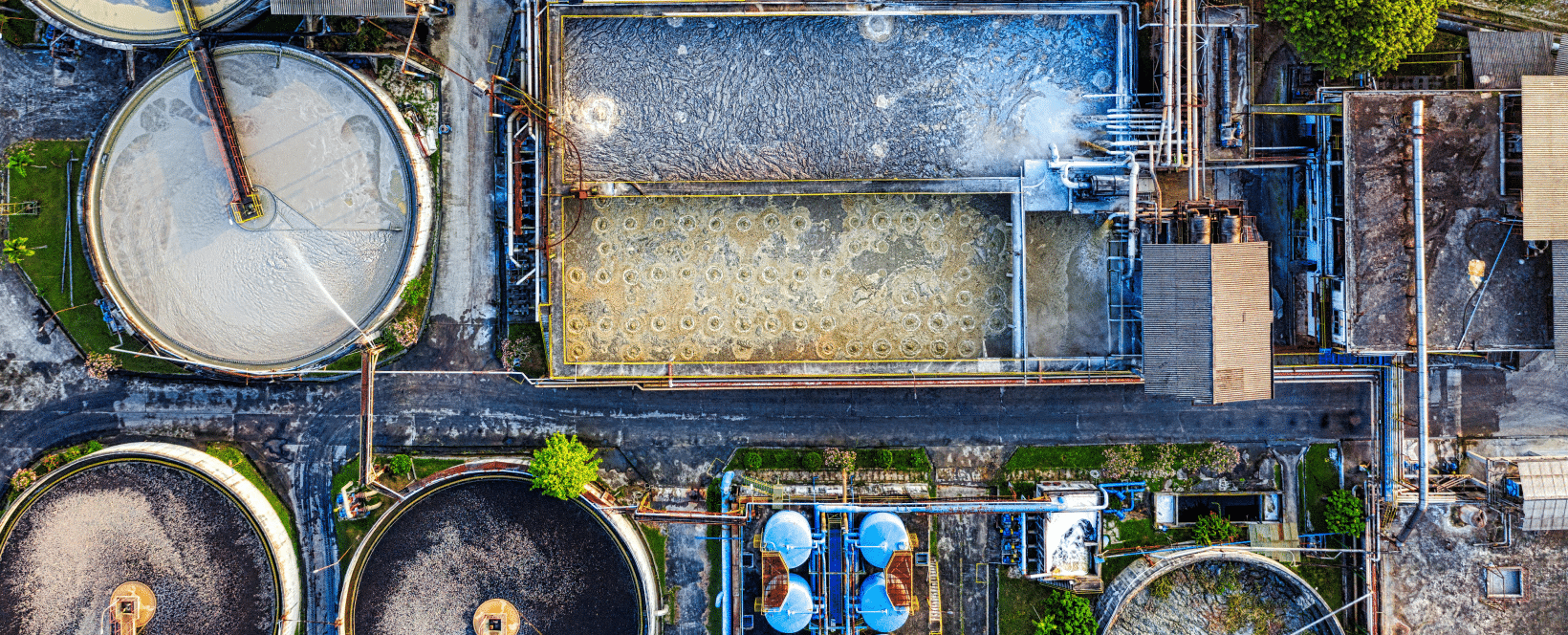For many commercial and large-scale septic installations, a SCADA system is indispensable. As part of ACE Septic’s efforts to educate homeowners and business owners in Florida about their septic systems, let’s talk about this important monitoring tool and how it revolutionizes inspections and maintenance, saving you time and money while contributing to a cleaner, healthier Florida.
Understanding SCADA Systems
SCADA stands for Supervisory Control and Data Acquisition. It is a system used to monitor and control industrial processes throughout many industries, from gas and oil to mass transit and food production. In water treatment, SCADA systems gather real-time data from sensors and instruments installed throughout septic systems or wastewater treatment facilities. This data is then transmitted to a central control system, allowing operators to monitor conditions and make adjustments as needed.
Role of SCADA in Water Treatment
SCADA has many uses in water treatment. It can continuously monitor effluent quality parameters such as pH, turbidity, and chemical concentrations. SCADA also controls various aspects of the treatment process, from adjusting chemical dosing to regulating pump operations. Automating these processes helps to ensure that water treatment is efficient and consistent, minimizing human error and increasing reliability.
Benefits of SCADA in Water Treatment
The benefits of SCADA in water treatment are significant:
- Improved Efficiency and Reliability: SCADA automates routine tasks, which enhances efficiency and reduces the likelihood of errors.
- Real-Time Monitoring and Quick Response: Operators receive real-time data and alerts about any abnormalities, enabling swift corrective actions.
- Enhanced Data Collection and Analysis: SCADA logs data over time, allowing for comprehensive analysis and optimization of the treatment processes.
SCADA in Septic Systems
While SCADA is commonly associated with large water treatment plants, it’s also highly beneficial for larger septic installations. Community and commercial septic systems can leverage SCADA for better management and operational efficiency. By monitoring tank levels, flow rates, and pump performance, SCADA helps prevent overflows and ensures optimal operation. An example is a SCADA system alerting operators about a potential blockage before it becomes a problem. Or a commercial property where SCADA automates the pump cycling, making it easy to maintain the same high level of performance.
SCADA Technology and Environmental Impact
SCADA systems play a crucial role in reducing the environmental footprint of water treatment processes. By ensuring precise control over treatment operations, SCADA helps minimize waste and optimize the use of chemicals and energy, ensuring compliance with environmental regulations while promoting sustainable practices.
Future of SCADA in Water and Septic Treatment
The future of SCADA in water and septic treatment looks promising. Emerging technologies and trends are making SCADA systems even more robust and user-friendly. With advancements in IoT (Internet of Things) and AI (Artificial Intelligence), we can expect SCADA systems to become smarter and more integrated, further enhancing their capability to manage complex water treatment processes.
Ready to Upgrade Your Septic?
SCADA systems are a game-changer in water and septic treatment. They offer unparalleled efficiency, reliability, and sustainability. At ACE Septic & Waste, we’re committed to leveraging these advanced technologies to provide you with the best possible service.
If you want to learn more about SCADA or how it can benefit your commercial septic system, please contact us. Let ACE Septic & Waste help you ensure your water treatment processes are top-notch.







